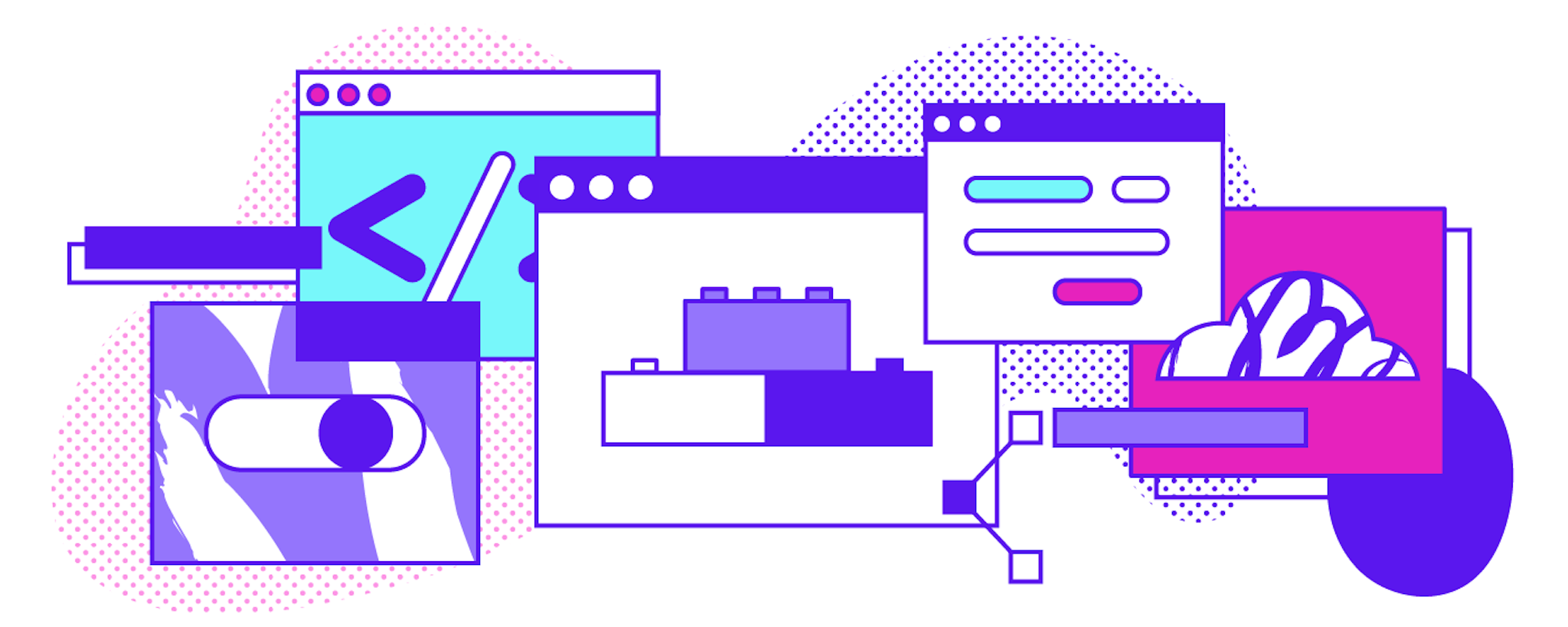The first quarter 2020 was remarkable for so many reasons. We'd like to start by wishing safety and good health to every member of the Rasa community, now and going forward.
Our emphasis on supporting our community has become even more important during this pandemic, and will remain the core of our strategy for the remainder of 2020. Many of the community-first programs we started in the first quarter will be expanded over the coming months, with an emphasis on online-only, rather than in-person, activities. Again, the safety of the Rasa community is the first priority for the company.
Even with the challenging landscape, we've had a great few first months of the year, in pushing improvements to our technology, building our community, and growing our team. We feel lucky to be in the position to focus on these efforts, as we shift to 100% remote working with each other, our users, and customers.
This blog will be a short overview of what's happened over the past few months at Rasa. As always, we welcome input and suggestions for improving our product and serving our community.
COVID-19 Support
Like most companies, we are searching for a way to support the fight against the pandemic. In our case, we have been grateful to be able to support the development of AI assistants to help disseminate information about the virus, how to stay safe, and where to seek help. If you're interested in what's been going on, or you're working on a coronavirus assistant and want help or inspiration, check out the announcement in the Rasa forum for more detail.
Community Growth
Rasa has seen amazing growth in the first few months of 2020, which we hope we will build on in the coming months:
- Built our community participation, reaching 400 contributors to Rasa Open Source and 9,500+ members of our community forum.
- Doubled views, minutes, and subscribers on the Rasa YouTube channel, reflecting our completed Rasa Masterclass video series, and more targeted Rasa education initiatives, such as NLP for Developers, and the Algorithm Whiteboard series.
- Completed the first Rasa Certification Workshop completely online, with plans for more in the coming weeks.
- Added more assistants to our Community Showcase, where Rasa users can get ideas and inspiration from real-life use cases, including: Maya, from Lemonade, a bot that provides sophisticated automation for insurance claims and customer service; Sara, Rasa's demo bot that helps answer questions about building Rasa assistants; JobAI, making the connection between companies and job seekers; and a multilingual DemoBot, deployable on Heroku.
Product Developments
We made significant progress on our product roadmap this quarter, with investments both in Rasa Open Source and in Rasa X, our free toolset used to improve Rasa assistants with real training data.
Rasa Open Source
- DIET - (Dual Intent and Entity Transformer) a lightweight, multitask transformer architecture for NLU, that outperforms BERT.
- TED Policy - the Transformer Embedding Dialogue Policy, helping Rasa assistants to better model conversations in which previous context is necessary to choose the best next action.
- Sparse Features for the NLU pipeline - allowing more memory-efficient training of a Rasa Assistant on large datasets.
Rasa X
- One-line deploy script spins up a production-ready Kubernetes cluster for both Rasa Open Source and Rasa X quickly
- Features to make it easier to review test conversations - the best way to improve a contextual assistant
- Integrated Version Control - bringing modern software practices into the Rasa developer workflow.
What's Next
While it's hard to predict what the rest of the year will bring, we at Rasa are optimistic for our community and the entire conversational AI market. We look forward to "seeing" you at upcoming events, on our forum, and elsewhere in the conversational AI community.
Stay safe!
